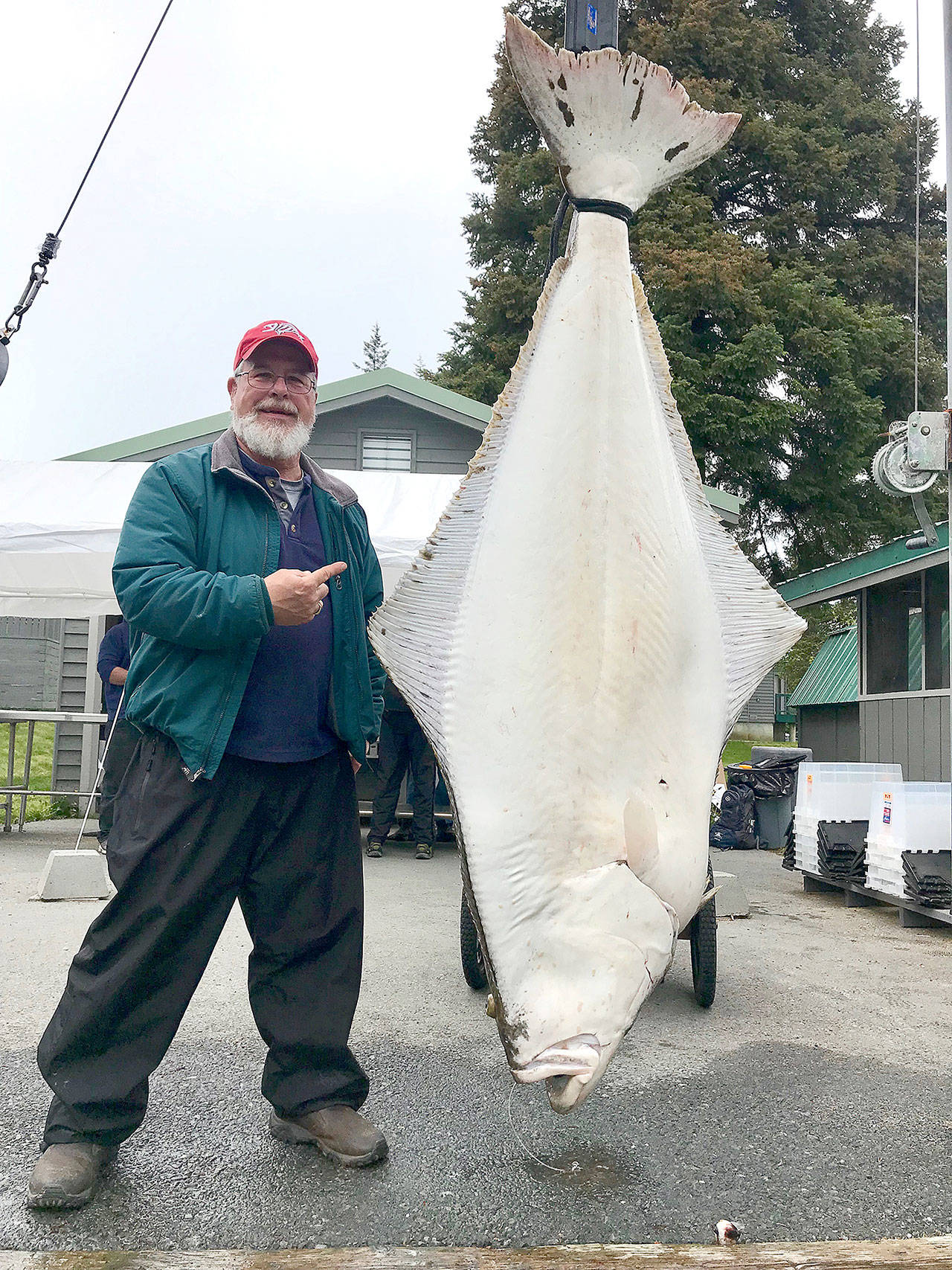Forward momentum can be impossible to stop when the wheels of government get in motion.
That’s the takeaway when taking a deep dive into the agenda of the Washington Fish and Wildlife Commission meeting set for Port Angeles’ Red Lion Hotel on Friday and Saturday.
Technically, the meeting kicks off this afternoon when the Fish Commission meets from 3:30 p.m. to 5 p.m.
There will be public hearings and a commission decision on the status of tufted puffins, Oregon silverspot butterflies and grizzly bears. Staff will also present a tufted puffin recovery plan to the commission.
A fan of puffins since childhood, I can appreciate that report, particularly with Protection Island’s role in providing habitat to one of the species’ last two nesting colonies on Puget Sound.
Some of the most controversial subjects such as Puget Sound salmon management and North of Falcon negotiation reform are nonexistent.
Instead, the most pressing agenda item for the North Olympic Peninsula is a briefing on the Department of Fish and Wildlife’s effort to impose a new commercial fishing guide logbook requirement.
This proposal is scheduled to be presented to the commission at 2 p.m. Friday with public comment following the presentation.
The idea of a logbook for guides isn’t new — Fish and Wildlife shutting down popular steelhead rivers on the east side of Puget Sound and the subsequent rise in pressure, particularly out of area guides taking customers on West End steelheading/salmon trips led up to this point.
Beginning in 2017, public meetings were held in Forks and other locations across the state and surveys were provided to gather opinions from guides and recreational anglers.
In 2018, Fish and Wildlife focused in on implementing the logbook system despite receiving ample negative feedback from guides and the public.
Privacy concerns with how the collected data would be used were expressed, along with the belief that the time it would take to complete a guided trip report and cost would be too prohibitive.
Not received well
Having to report on personal fishing trips also wasn’t warmly received by guides.
Guides also wondered if this data could be gathered in a different manner through catch record cards or a smartphone app or by voluntary reporting by guides.
Here’s what guides would be forced to compile for each trip: the name and license number of the guide leading the trip; the fishing license number (Wild ID) of each client, comped angler and crew member; date of the trip with multi-day trips counting each day specifically; the name of the river, stream or lake fished and the site code of sites fished as referenced within a list provided to each guide. If multiple sites are fished on the same day, each site is considered a separate trip.
A breakdown of all species kept or released including whether a salmon or steelhead is hatchery or wild and life stage of the fish.
Logbooks also have to be completed for each trip before offloading any fish from a vessel, or if skunked, before leaving the site. Reports must be provided to Fish and Wildlife or postmarked by the Monday following the week (Monday through Sunday) the guiding activity took place.
A guide, or a person directed and controlled by a guide submitting false information is guilty of a gross misdemeanor.
Failure to report guiding activity would be punished as an infraction.
The commission won’t take final action on the proposal (i.e. rubber-stamping Fish and Wildlife’s decision) until August.
Department staff will present an overview of the 2019 Legislative Session. Following the legislative session briefing, staff will provide a preliminary overview of the agency’s 2020 requested legislative proposals and supplemental operating and capital budget proposals.
Northwest Straits Commission staff will provide a briefing on their collaboration with Fish and Wildlife in conducting marine conservation and monitoring projects.
There is some positive news for black bear hunters on the agenda — changes that will create a statewide bag limit of two, increase the number of hunting days and allow hunters to harvest two bears in Eastern Washington also are likely to be approved.
Alaskan leader
Port Angeles’ David Goldstein boated a barn-door halibut weighing over a whopping 251.6 pounds while fishing in the month-long Seward (Alaska) Halibut Tournament last week.
The flatfish was caught June 6 on the Arctic Warrior while fishing with the Seward Military Resort out of Resurrection Bay.
Goldstein’s halibut is just under 100 pounds larger than the next biggest halibut on the leaderboard of the tournament.
A 248-pound halibut won the 2018 edition of the 13-year old event, so Goldstein’s haul stands a good chance of coming out on top and claiming the $1,500 first prize.
Goldstein’s already won a daily prize of a tournament hat and a weekly $1,000 prize.

